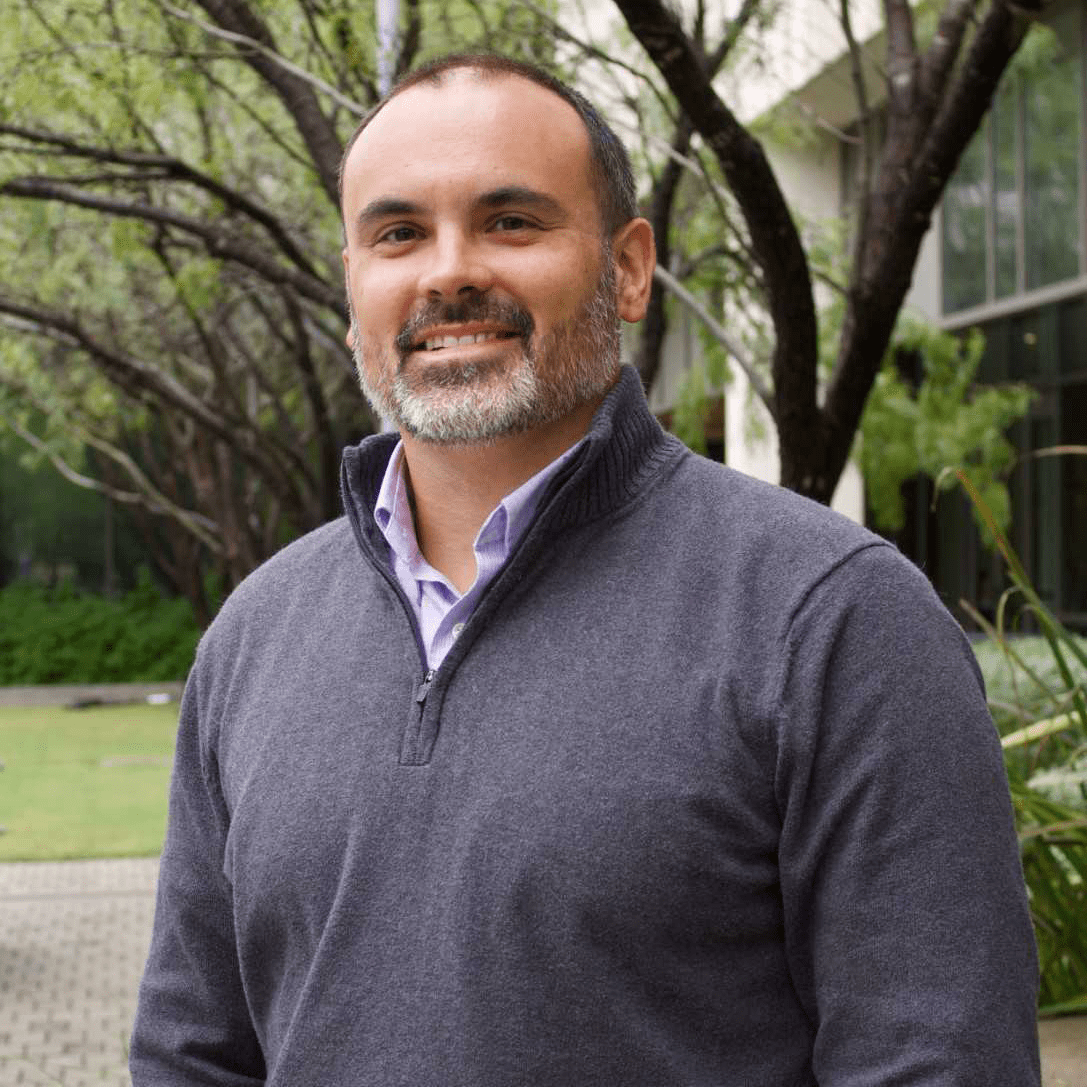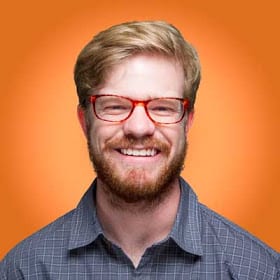Indirect Effects of SciComm Training
Willingness to Engage Part I
As many scientists enthusiastically respond to the call for more engagement with the public, science communication training programs play a key role in providing scientists with the skills and confidence to do so. But does participating in a training program mean that a scientist will be more likely to engage with the public?
During this webinar, panelists share findings on the indirect impacts of science communication training on scientists’ intention to engage with the public.
Key Takeaways from this Webinar:
- Formal communication training influences a scientists willingness to engage through more confiends in their communication skills and more positive beliefs about their audience.
- The more scicomm training the better. A half day of formal science communication training had beneficial impacts.
- Different mechanisms for engagement may impact underrepresented scientists.
See the full AAU report where these results come from here. This webinar is part of the larger Willingness to Engage Series.
“Communication is not just this thing that people are naturals at. Training programs are meant to help scientists practice these skills and be more confident when communicating about their work.” - Nichole Bennett
Speakers:

Anthony Dudo, Ph.D - University of Texas at Austin. Dr. Dudo researches the intersection of science, media, and society. He is particularly interested in scientists’ public engagement activities, media representations of science and environmental issues, and the contributions of informational and entertainment media to public perceptions of science. His recent work has examined factors influencing scientists’ likelihood to engage in public communication, scientists’ goals for public engagement, and the growing community of science communication trainers.

Nichole Bennett, M.A., researches inclusive science communication in the Ph.D. program at The Stan Richards School of Advertising and Public Relations at The University of Texas. Their work is at the intersection of science communication, applied theater, and social justice. Before this, they researched climate change conservation biology while earning their Masters in Ecology, Evolution, and Behavior from The University of Texas.

Jacob Copple is a doctoral candidate in the Stan Richards School of Advertising and Public Relations. He received both his master’s and bachelor’s degrees from the College of Media & Communication at Texas Tech University and grew up in Lubbock, TX most of his life. His research interests include examining scientists’ public engagement, public opinion of science, and quantitative methodologies.
This webinar was sponsored by The Kavli Foundation and The Rita Allen Foundation.
